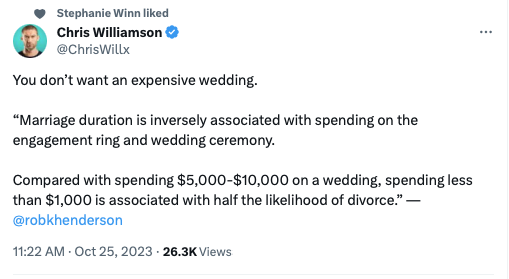Democrats Have Lost their Advantage with Working People
Michael Shellenberger, writing at Public:
Democrats hoped that Biden’s everyman appeal might win back some white working-class voters back to the party. That hasn’t happened. In fact, now the Democrats are losing non-white working-class voters.
Every election cycle, Democrats lose more and more of this demographic. Despite his virulently anti-immigrant rhetoric, between 2016 and 2020 Trump gained support among Latino voters. Joe Biden did 16 points worse among Latinos than Hillary Clinton had four years earlier. The Democrats have an increasingly tenuous hold on the Asian vote and their support even from black non-college-educated voters has begun to slip. As of last summer, Biden fell short of earning the support of a majority of non-white voters without a college degree (a third of these voters preferred Trump).
Today, the Democrats and the Republicans are virtually tied in voters’ perception of which party is best for the middle class. Americans as a whole no longer take the Democrats for granted as the party that fights for ordinary people, and are just as likely to regard the Republicans as such. This is a historical sea change.

